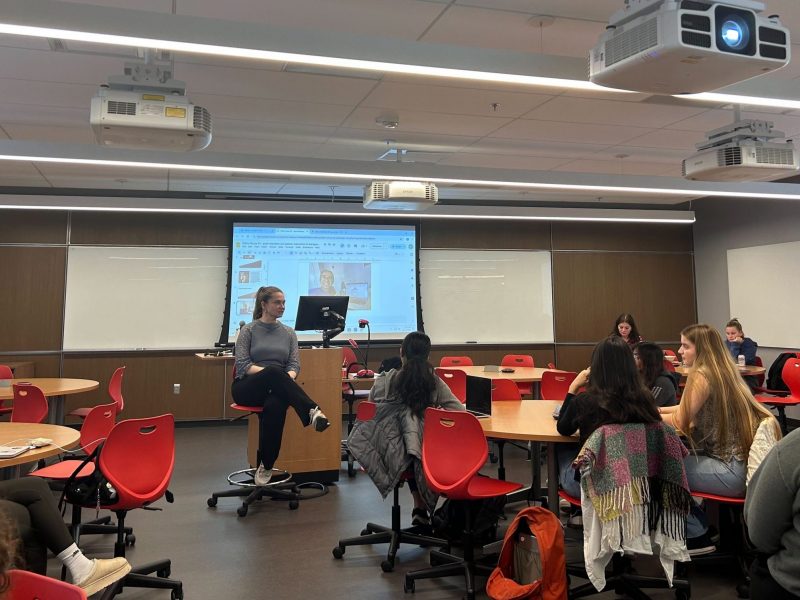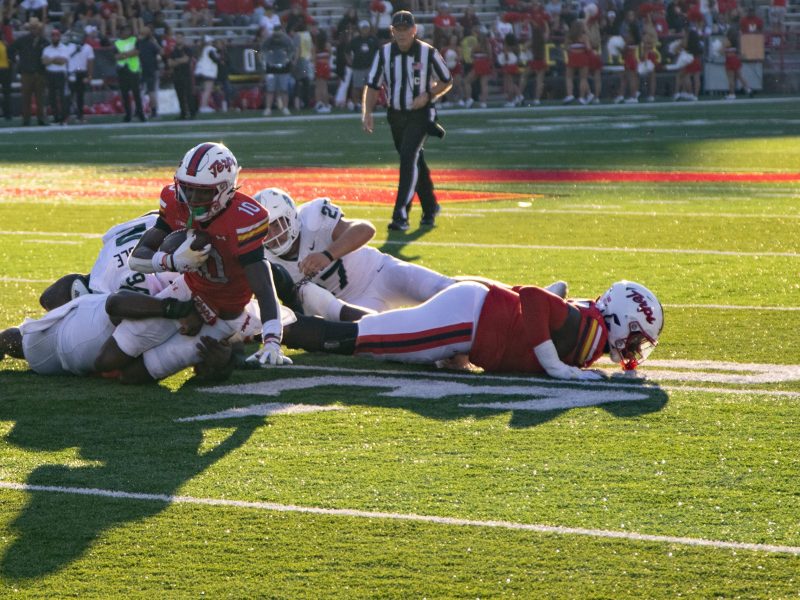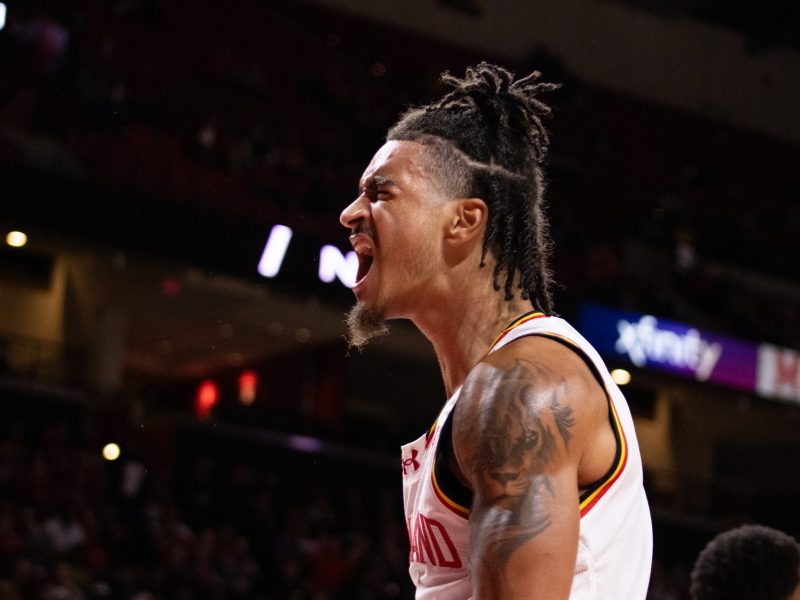
Matt Dragonette
For two hours this past Saturday evening, the three remaining Democratic presidential candidates participated in their second “debate” on CBS, in front of an audience of 8.5 million people. With significantly less viewership than the first debate held on CNN, this debate also featured less substance, with candidates often repeating one another’s generic talking points and generally including few specifics when discussing their plans. The problems with this debate are reflective of the numerous faults in the entire Democratic primary process, from its delegate selection to its debate dates. The Democratic Party has done its best to prevent Americans from witnessing its few debates and has continued to maintain a very undemocratic primary process, most likely in an attempt to protect the election’s strong favorite, former Secretary of State Hillary Clinton.
Since before President Obama upset Clinton in the 2008 Democratic presidential primary, the Democratic Party has done its best to push Clinton as its nominee. Even after her 2008 defeat, Clinton, her supporters and the party remained committed to her presidential aspirations. Following Obama’s re-election in 2012, Clinton became the favorite for not only the 2016 Democratic nomination, but also for the general election itself. She continued building the relationships she and former president Bill Clinton had nurtured for decades, gathering local and national Democratic support for a second presidential run.
Thus far in the primary, the Democrats’ party machine has been by her side each step of the way. Few candidates dared to challenge her formidable endorsement, fundraising and name-recognition advantages. Only the outsider Sen. Bernie Sanders (I-Vt.) and former Clinton supporter and governor Martin O’Malley (D-Md.) remain in the race. The Democratic National Committee limited the primary to six debates. And even with six debates, DNC chairwoman Debbie Wasserman Schultz has done her best to minimize viewership: many debates take place on weekends or during sporting events and the holiday season. Party insiders, particularly supporters of O’Malley and Sanders, have been particularly critical of the DNC debate policy.
Even the debates themselves have been a relative disappointment. Candidates have been reluctant to share specifics for many of their ambitious economic and government spending plans, unlike their Republican counterparts. At times during the second debate, candidates often rehashed and repeated what their opponents had stated seconds prior. When pressed on what tax rates would pay for his plan, Sanders could only make a joke about Dwight Eisenhower. When Clinton was challenged on her ties to Wall Street, she cited her work for New York after 9/11. While the moderation was good, the debate was not. Candidates were afraid to challenge each other and afraid to dig into the details, which ultimately made the debate rather unhelpful and limited.
But limited debates are the least of the problems in the primary. The Democrats continue to employ a “superdelegate” system, meaning about 15 percent of the delegates selecting the party nominee aren’t even elected during the primary. Rather, these delegates are party politicians and unelected local party leaders. Of these “superdelegates” who have pledged support so far, Clinton has 359, Sanders has 8 and O’Malley has just 2 with about 20 percent remaining undecided. This gives Clinton a huge advantage — and the primaries have yet to start.
The regular primary delegates are also not apportioned evenly — some delegates are assigned on the basis of party loyalty. States that historically vote Democratic presidential candidates over Republican candidates receive higher percentages of delegates relative to population than states that lean Republican. While this process rewards Democrats whose states consistently votes Democratic, it hurts those living in swing states or red states. Thus, reliably blue states like Maryland consistently receive more delegates than even a blue-leaning state like Virginia.
Taken together, these Democratic policies make for smart politics but bad democracy. The Democrats are perfectly in their right to create such a politicized and elite candidate selection process, but that process is by no means “democratic.” Party members, average voters, get less say in the selection of the presidential nominee than they would in an election that had proportional delegate representation. Party members could make more informed decisions if they had a series of debates that was both comprehensive and accessible — rather than limited and closeted. Democrats should demand more from their leaders if they want a truly “democratic” primary.


